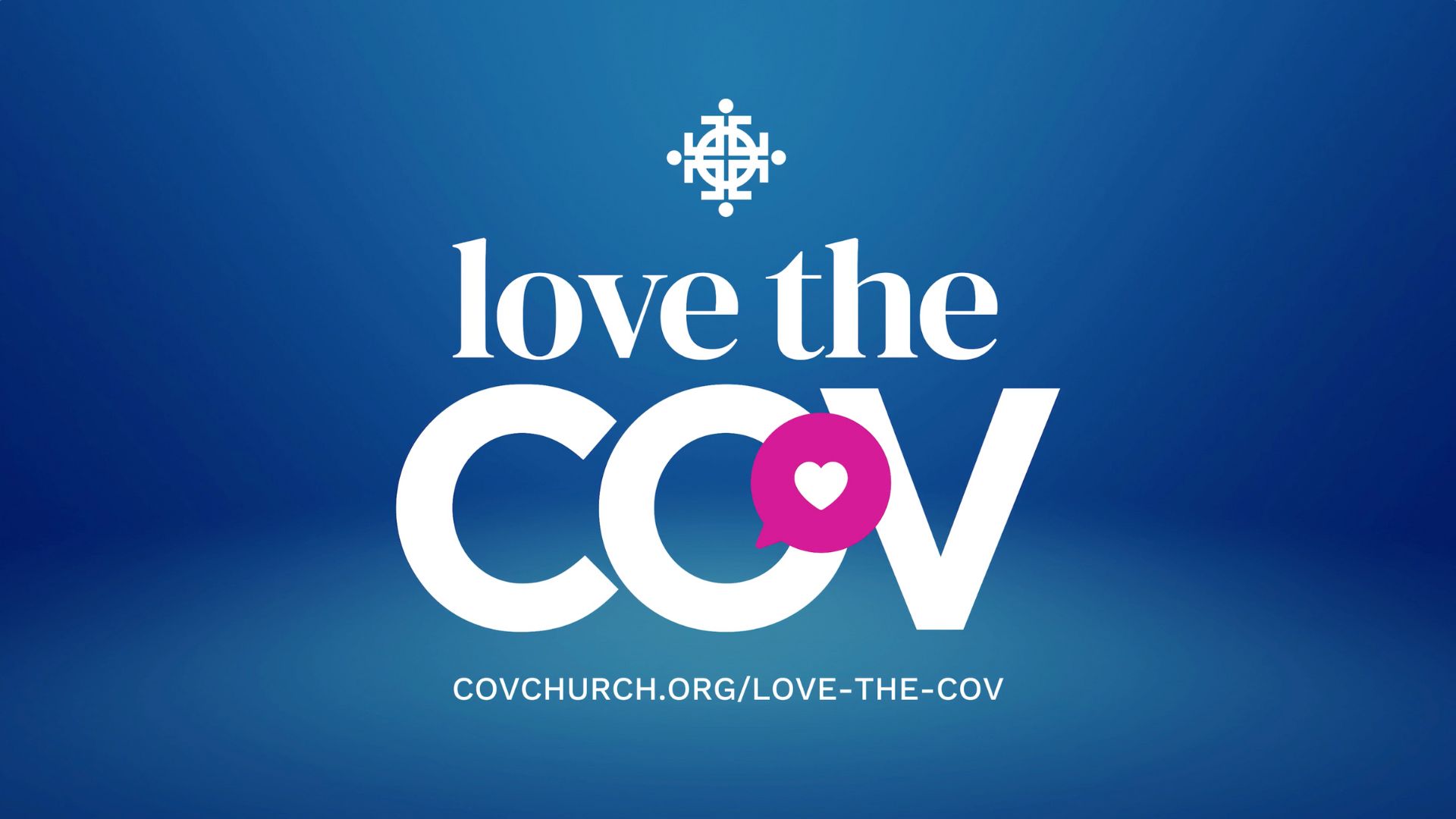By Stan Friedman
DETROIT, MI (January 22, 2013) – Mark Van Andel admits he was a bit unsure when he enrolled his children in what is now the Charlotte Mason Community School (CMCS). They didn’t give grades, but provided “narratives” instead.
“As I’ve grown to understand it more, I’ve seen that it produces kids who are inspired to learn,” says Van Andel, pastor of discipleship at Citadel of Faith Covenant Church. “If they have a passion, they want to learn.”
The school, which educates students in grades 1-8, initially was named Ambleside Community School when it was formed in 2002. It has always met at Messiah Covenant Church in Detroit. It will move to Citadel of Faith this summer because a building it is remodeling will better accommodate the growing enrollment.
The school employs the philosophy of Charlotte Mason, a pioneering educator in the mid-1800s who believed that education is about relationships to God, others, oneself, and the world. At the core of her philosophy is the belief that all education is self-education, and children must be active learners. The teacher’s job is to give students the opportunity to learn by providing a broad, but challenging curriculum, and helping children develop “mental, moral and physical habits.”
Graham Nash, one of the school’s newest teachers, shared on its blog that the way a group of second and third grade children responded to a fellow student struggling with a five-lap warm-up run during a physical education time inspired him. “At every school or childcare I have staffed, you would hear kids making rude and mean remarks toward the struggling child such as “You’re taking all day,” “C’mon!,” “Hurry up!” Nash recalled.
“I half expected his classmates to do something along those lines, but something different happened. One of the students ran up to the struggling child and started running with him and encouraging him. To my surprise, everyone joined in and helped the child finish.”
Physical education, outdoor learning, and art and music are critical aspects of the school’s program. “These are the first things that are cut in schools, but they are the things that influence the passion for learning,” says Van Andel, who now serves on the school’s board.
Van Andel points to a Stanford study that said children who participate in the arts are four times as likely to be recognized for doing well academically and perform community service, and two times more likely to read for pleasure.”
Several distinctive characteristics that set CMCS apart from most current models include low teacher-to-student ratio, individualized teaching that meets the need of every student, and the development of a child’s natural exploratory instincts.
Teachers receive special training in the Charlotte Mason method, Van Andel says, who praises their commitment to helping the students even though the educators’ pay is far below public school wages. “They see themselves as educational missionaries.”
Involving parents in children’s education is another key component of the school’s methodology. Every parent must volunteer at least 40 hours a year and commit to reading to their children.
Van Andel says the Charlotte Mason philosophy believes that parents are the primary educators of children, and the school provides needed assistance.
The school has a strong record of helping students, Van Andel says. He notes that some students who came in from public schools were at least two years behind in coursework. “It’s been encouraging to see these students succeed.”
Van Andel adds that while test scores are not the ultimate measure of a student’s educational achievement, those achieved by children at CMCS “are impressive.”
Forty-eight students are enrolled this year, so some classes combine grade levels. The school has open enrollment, including students with special needs. Van Andel says the school has provided quality education to children who have had Asperger’s, autism, and dyslexia.
Van Andel says CMCS is one of the first schools outside an affluent area to operate with the Charlotte Mason philosophy, and its success in educating students demonstrates the method works regardless of income level. To make sure low-income students can attend, CMCS provides scholarships based on financial need.
Van Andel says he hopes Detroit Public Schools will adopt the Charlotte Mason method. U.S. Secretary of Education Arne Duncan has called Detroit “arguably the worst school district in the country.”
Money remains tight for CMCS. The 501c3 nonprofit needs to raise another $30,000 to complete renovations at the new site, says Van Andel. Donations can be directed to Charlotte Mason Association of Detroit, 3816 Toledo, Detroit, MI, 48216. For more information, email Van Andel or call him at 313-850-7483.












